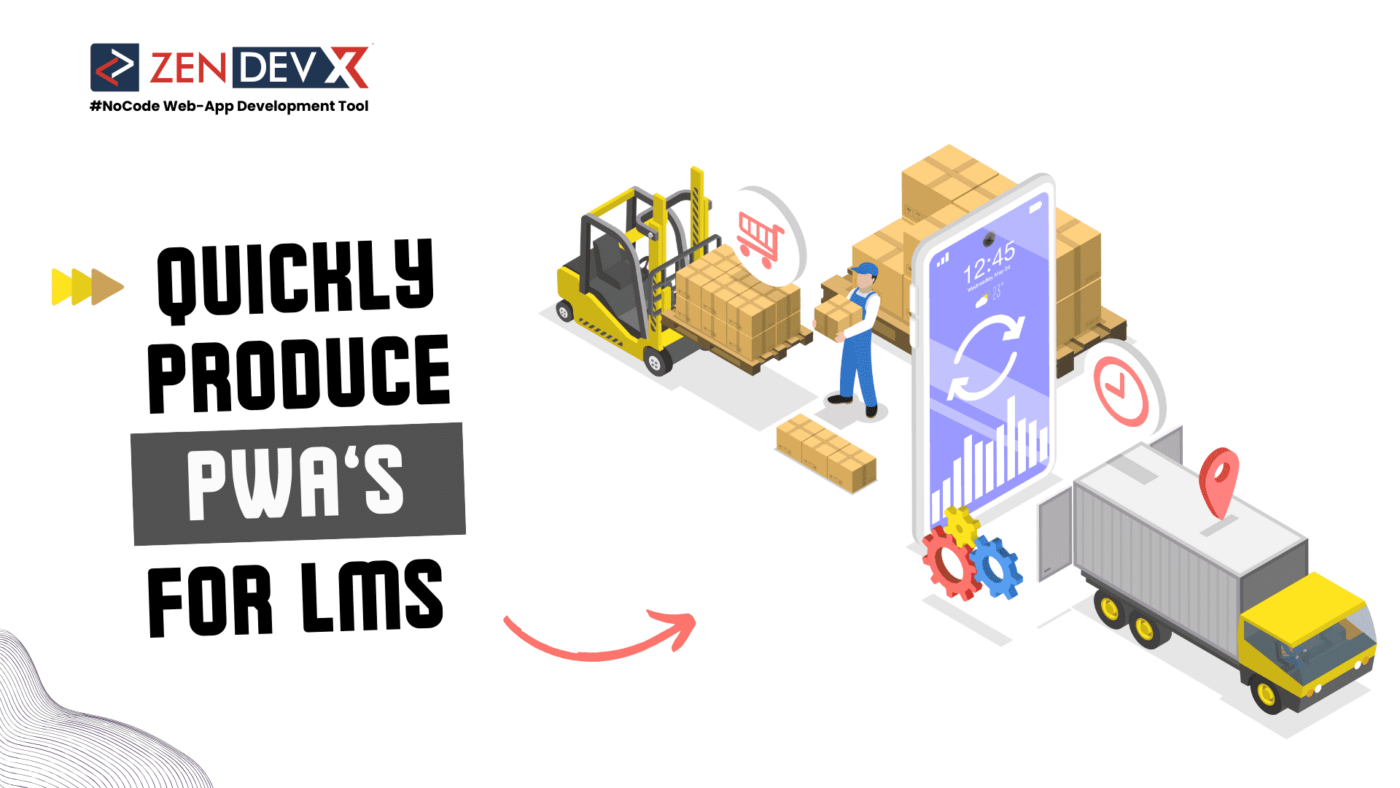Progressive web apps give developers a means to create universal experiences both for desktop and mobile versions. They allow creators access and make use of the web in a whole fresh manner—a method that raises the marketability of a good by accelerating the application of logistical systems.
Progressive web apps can quickly accomplish much of what a native application can do by using a wide spectrum of web APIs. With technologies like WebRTC, for instance, a progressive web application can be a chat client connecting via a peer-to-peer interface. It can enable live video conferencing and feed real-time logistics data straight down to the application. Progressive web apps are online tools produced with additional components—a service worker and an app manifest. This lets the web app work offline, installable on desktop and mobile devices, and use native capabilities of the device it is on. Any legacy application modernization project would benefit much from this excellent approach.
What Are Progressive Web Applications ?
Progressive web apps are among other things quick. Leveraging this, one of their key objectives is to advance and reach the billion users globally with limited network connectivity. End consumers obviously want their programs to provide a quick, flawless online experience. They also want to engage with their other programs with as little conflict as possible and want the most current content.
The progressive web app revolves around fundamental ideas that will help the web to be more interactive, performable, and user friendly. The web has evolved into a set of strong guidelines that give your online applications practically limitless opportunities. These cover anything from being installable on desktop and mobile devices to engaging with native device functions including the camera. Progressive web apps offer a huge range of options due to their adaptability.
Even if you know about progressive web apps, you might not be aware that many of the standards these applications allow are not novel. Emerging essential technologies like the service worker have shifted PWAs’ position to be more suited than ever to provide scalable, dependable, and flexible experiences inside the browser.
Advantages of Progressive Web Apps (PWAs)
While all of this sounds fantastic, what advantages do PWAs offer for the corporate logistics environment? Pinterest, Twitter, Nikkei, and a number of other companies with different strategies have found that offering a progressive web app boosts retention and acquisition of new customers, while lowering data usage can quickly answer that question. Progressive web apps have several use cases supporting themselves.
How Might PWAs Fit Your Company’s Operations ?
Progressive web apps can benefit your company and yourself in several different ways. These are simply a handful of the highlights:
- Designing fresh user interfaces allowing staff members to access and search the material required on any platform.
- Establishing a web-based ticketing system for support agents will let work be done on a desktop or mobile device.
- Retrieving data regarding manufacturing and logistics equipment performance and interacting with IoT devices using Web NFC.
- Establishing a Content Management System (CMS) to provide offline access to student materials would help those with limited internet access see, edit, and finish projects.
- Making E-commerce possible using Paypal connections and the Web Payment API.
- Supporting mobile accident assessment apps with photo and video capture of an accident, audio recording to document testimony, and more.
How Might Progressive Web Apps Support the Management of Logistics Systems ?
With its drag-and-drop user interface, businesses with logistics systems can create progressive web apps quickly. Apart from lowering the time to market of an app, it helps developers not worry about the interaction of a new app with the current device. Basically, this frees a developer to concentrate on developing their logistics solutions instead of stressing device compatibility.
Low-code developers can so rather rapidly create enterprise-level PWAs. This implies for companies better returns on their cheap code investments.
Successful Logistics Companies
Successful logistics companies have benefited greatly from implementing progressive web apps. Some notable examples include:
- Federated Group upgraded their dispatch board with a Windows CMS portal.
- Geodis Wilson Australia saved money.
- ITT-TDS cut development expenditures using low-code solutions.
- DSI customers cut spend with virtual supply chains; nulogx apps are more agile and responsive.
- Royal Wagenborg oversees shore and ship operations.
- Walon increased workshop output.


